In modern healthcare, data is as critical as medicine itself. Every clinic, hospital, or healthcare provider manages sensitive patient information—from personal details to medical histories and lab results. While technology has made storing and accessing this data faster and easier, it has also opened new doors for cyber threats.
In the digital age, protecting patient data is not optional—it is a legal and ethical responsibility. Patients trust healthcare providers not only with their health but also with their privacy. A single breach can damage both reputation and trust. At Purple Sky Health, we believe that strong data protection should be at the core of every healthcare system.
Here’s how clinics and hospitals can safeguard patient data effectively.
Use Encrypted Digital Records
Paper files can be lost or damaged, and unsecured digital files can be hacked. That’s why end-to-end encryption is essential. All patient data—whether stored in the cloud, sent via email, or accessed on mobile apps—must be encrypted.
Benefit: Only authorized personnel can access the data, ensuring complete confidentiality.
Role-Based Access Control
Not every staff member needs full access to patient records. Role-based access ensures that doctors, nurses, billing staff, and administrators only see the information relevant to their role.
Benefit: Prevents misuse of data and reduces the risk of internal breaches.
Secure Cloud Storage with Backups
Cloud-based hospital management systems store data safely while providing instant access when needed. Regular backups protect against accidental data loss due to system crashes or cyberattacks.
Benefit: Data remains available 24/7 while staying secure against theft or disasters.
Compliance with Healthcare Regulations
Every country has its own healthcare data protection laws—HIPAA (USA), GDPR (Europe), or DISHA (India). Clinics and hospitals must ensure that their systems comply with these regulations.
Benefit: Legal compliance avoids penalties and builds trust with patients.
Staff Training and Awareness
Even the most advanced software can fail if staff are careless. Regular training on password security, phishing scams, and proper handling of digital records is essential.
Benefit: Human errors are minimized, strengthening the first line of defense.
Multi-Factor Authentication (MFA)
Using MFA (like OTPs or biometric login) adds an extra security layer to prevent unauthorized logins.
Benefit: Even if passwords are stolen, hackers can’t access the system.
Bonus: Regular Security Audits
Healthcare providers should conduct routine security audits to identify weak points and patch vulnerabilities.
Benefit: Ensures continuous data protection in an ever-changing cyber landscape.




